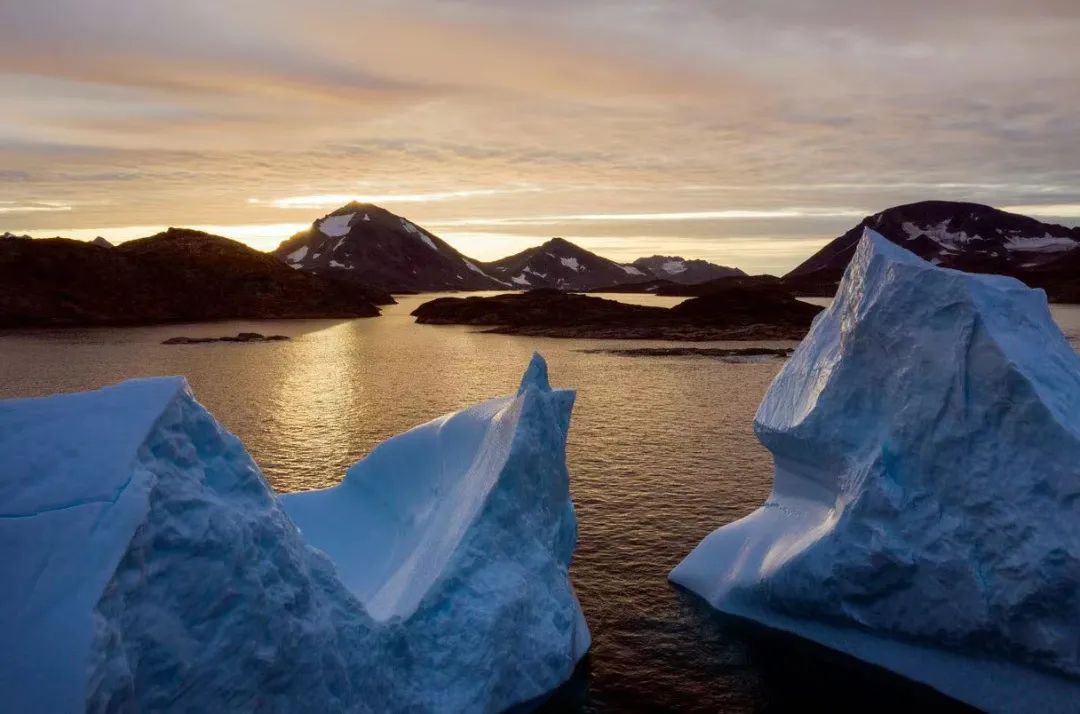"Mountains have no tombs, rivers are exhausted!"Global warming exceeding 1.5 degrees Celsius will cause seven major changes to be irreversible
Author:Journal of China Science Time:2022.09.17
Text | Xinyu
From the melting ice cover to the huge coral reef, global warming is changing our world in a way to determine undoubtedly. But the relevant "critical point" is controversial -exceeding this point, this change will be irreversible. Some researchers believe that emphasizing the uncertain but uncertain and irreparable critical point will promote the indifference of the public, rather than stimulating people's efforts to curb climate change.
On September 9th, a research on the critical point of the climate published in "Science" compiled the latest evidence, indicating that the global temperature rising may exceed 16 critical points, which triggered the collapse of polar glaciers, permanent frozen soil melting, monsoon destruction And the death of forests and coral reefs. Studies have found that many systems on the earth have been pressured by rising temperatures, and even under the most ambitious solution to restrict global warming, huge changes in the earth will still change.

A new study found that global warming may have irritated the Greenland Ice Cjat. Image source: Felipe Dana/AP Images
Chris Jones, Hudley Center, Hadley Center, believes that this is a "timely and thorough work." He said that these discoveries are generally consistent with previous research, but the data is updated and more detailed. He and other climate scientists also warned that they should not explain the "catastrophic" explanation of these discoveries.
In order to estimate the critical point, David Armstrong Mckay team from the University of Ekstetet Earth System David Armstrong Mckay collected evidence from the ancient climate records, modern observations, model predictions, and the current best evaluation, and studied ecosystems, atmospheric systems, and other systems in order It is determined that as the earth warms, those systems that are most likely to occur suddenly, irreversible or self -maintaining change. Then, they estimate that the minimum warming of the critical point may be triggered in each system, and before the disaster change is inevitable, a system may bear the maximum warming. The researchers also made the optimal estimate of the position of each critical point.
Studies have found that, in general, at the current level of global warming (since the previous era of industrialization, heating 1.1 ° C), the earth has exceeded the low -end risk assessment of 5 critical points, making coral reefs, permanent frozen soil and polar ice layer at the layer at the ground. Dangerous. Only at 0.8 ° C can accelerate the melting of the Greening ice cover, and the heating of only 1 ° C may cause the western ice sheet to collapse.
"Once the ice sheet starts to collapse, it will become a more unstable structure," said the Australian National University Climate Scientist, said, leading to rising global sea levels. "
The study also found that controlling global warming from 1.5 ° C to 2 ° C (rough target of the Paris Agreement) may mean more than 7 critical points, which will lead to the loss of high mountain glaciers and the interruption of key ocean flow. Although the goal of 1.5 ° C was initially only brought "some convenience" to diplomatic mediation, MCKay said that the study strengthened the risk of failing to achieve this goal.
Abram agrees with this that this paper integrates a lot of evidence, making it easier for decision makers and others to see how society chooses to avoid or accelerate the time to reach the critical point.
Bob Kopp, a climate scientist at Rogers University, warned that too much attention to specific temperature thresholds may cause controversy, that is, no measures can keep warming at a safer level. He said: "I am worried that the critical point will promote the idea, that is, there is a threshold, which is no problem than this threshold. It is not better than this threshold. On the contrary, every temperature will generate extra risks."
In order to obtain more certainty, researchers began to compare the prediction of critical points in different climate models. But Thomas Stocker, a climate scientist in Bernes of Switzerland, believes that it should be compared after the next generation of climate models appear, because the latter is expected to produce more detailed results. However, more and more scientists have realized that at present, the risk assessment of the critical point is very necessary.
Related thesis information:
https://doi.org/10.1126/science.abn7950
"China Science News" (2022-09-03 The 2nd edition of the original title of the international title "The temperature exceeding 1.5 ° C can cause 7 climate critical points")
not
Edit | Ji Data-FILTERED="Filtered">
Capture | Guo Gang

- END -
New York's gold price fell on the 29th

Xinhua News Agency, Chicago, June 29th (Reporter Xu Jing) The most active August g...
Russia announced: delay

On September 7, local time, the Tas Society quoted the Russian National Aerospace ...